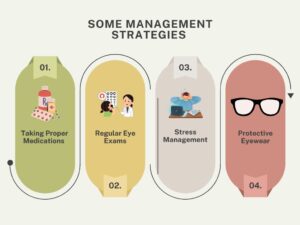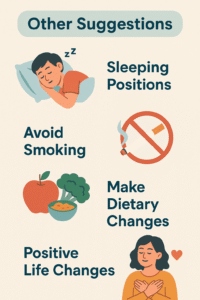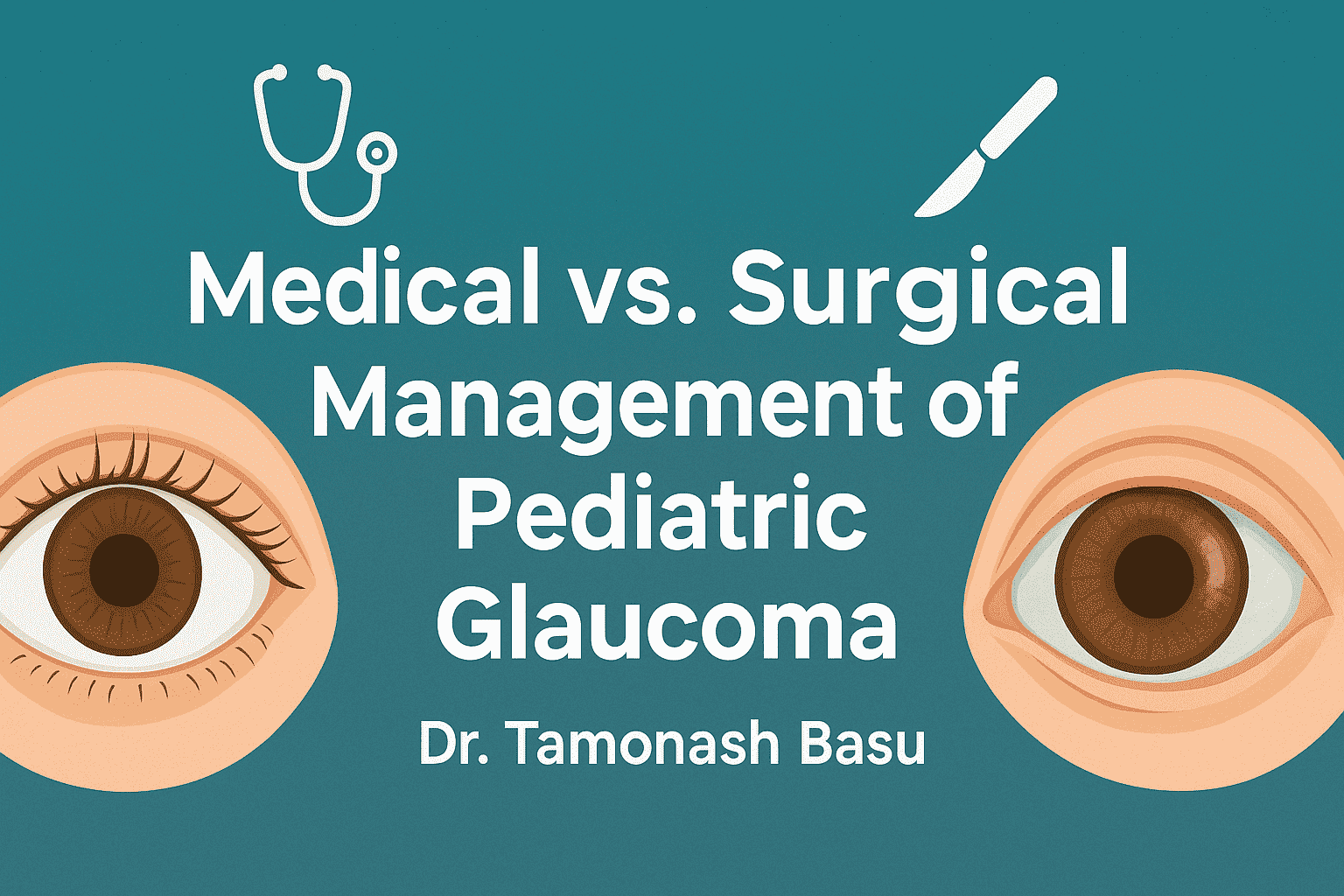Glaucoma is a lifelong common eye disease in which the optic nerve registered with further pressure of aqueous humor leading to an escalating damage intraocular pressuress or IOP. It is the commonest cause for permanent blindness on earth. Although there is no cure, early detection and a mixture of lifestyle adjustments and drugs can help to maintain vision quality as well slow progression. Find ways to live better with glaucoma in this blog.
Understanding Glaucoma
Glaucoma is also referred to as the “silent thief of sight” due to the fact that it is generally symptom-free in its early stages. It can progress to peripheral vision loss over time and, if left untreated, complete blindness. The three most prevalent forms are open-angle glaucoma, angle-closure glaucoma, and normal-tension glaucoma.
The key aim in the treatment of glaucoma is to reduce intraocular pressure (IOP), which is a protective measure to avoid further optic nerve damage. Treatment is usually through eye drops, tablets, laser treatment, or surgery, based on the level of severity.
Some Management Strategies
Managing glaucoma involves a holistic strategy that incorporates medical therapy and lifestyle changes. Patients who are proactive in caring for themselves tend to have good outcomes. Management strategies include knowing your disease, adhering to doctor’s advice, and changing daily routines to favor eye care.
Taking Proper Medications
Eye drops are usually the initial treatment for glaucoma. Medications act by decreasing the formation of eye fluid or enhancing its drainage.
Some Tips:
- Take your medication as scheduled. Consistency is important. Use alarms or reminders if necessary.
- Master the proper method. Place drops correctly in order to deliver them into the eye and prevent contamination.
- Talk to your doctor. Inform him or her about any side effects, including stinging, redness, or blurred vision. Alternatives exist in many cases.
- Don’t miss doses. Skipping doses may cause fluctuations in eye pressure, making vision loss more likely.
Regular Eye Exams
Regular eye exams are crucial, even if your vision seems steady. Your ophthalmologist will check your IOP, examine the optic nerve, and evaluate your visual field for changes.
The majority of glaucoma patients require eye checkups every 3–6 months, depending on the extent and stability of the disease. Early changes catched permit prompt compensation by changing treatment.
Stress Management
Prolonged stress can indirectly influence eye pressure and general well-being. Adding stress-reduction methods will help to stabilize IOP and your overall good health.
Some Tips:
- Practice yoga or meditation. Gentle stretching and deep breathing reduce stress.
- Exercise lightly. Walking, swimming, or light aerobic exercise improves circulation and eases tension.
- Give mental well-being top priority. Don’t be afraid to turn to friends, counselors, or support groups for help.
Protective Eyewear
Eye protection from harm is important, particularly when you have an eye condition such as glaucoma.
- Wear UV protective sunglasses to avoid damage from ultraviolet radiation.
- Employ safety glasses when participating in activities such as sports, gardening, or working with power tools.
- Prevent eye fatigue by resting between long periods of screen viewing or reading.

Other Suggestions

A few minor modifications in everyday life can add up over time:
Sleeping Positions
Your sleeping position can affect eye pressure. It has been demonstrated through research that sleeping with the glaucoma-affected eye on the pillow will cause increased pressure in the affected eye.Use an additional pillow or a wedge to maintain your head at an elevation of around 20 degrees.Avoid sleeping face-down or with your eyes under pressure.If you suffer from sleep apnea, consult your doctor, as it is associated with damage to the optic nerve and deteriorating glaucoma.
Avoid Smoking
Smoking harms blood circulation and oxygen supply to the optic nerve, exacerbating glaucoma. It also raises the risk of developing other eye conditions like cataracts and macular degeneration. Considering this, quitting smoking is always a good suggestion as it
- Improve overall vascular health
- Decrease oxidative stress on eye tissues
- Decrease inflammation
Seek professional assistance or support groups if necessary. Never too late to quit.
Make Dietary Changes
There is no such thing as a “glaucoma diet,” but specific nutrients can aid optic nerve well-being:
- Leafy greens such as kale and spinach are high in nitrates and antioxidants.
- Fatty fish like sardines and salmon supply eye-healthy omega-3 fatty acids.
- Citrus fruits, berries, and nuts are packed with vitamin C, zinc, and E.
- Drink plenty of fluids, but not large quantities of fluid in a short period, which can impact IOP.
Lastly, Processed foods, trans fats, and excessive salt should be avoided, which can raise vascular stress.
Positive Life Changes
Living with glaucoma takes some adapting, but that doesn’t have to mean sacrificing your quality of life. Making good changes slows disease progression and makes you feel empowered. So get educated on your condition and try making positive changes.
Schedule Your Appointment Today:
- Phone:8544042768
- Online Booking: click here
Conclusion
Managing glaucoma is a lifelong journey, but with a proactive approach, vision loss can be minimized. By combining prescribed medications with healthy lifestyle choices—like good sleep, proper diet, stress control, and regular follow-ups—you can protect your eyesight and live a fulfilling life. Early diagnosis and consistent care are the keys to staying one step ahead of glaucoma.







